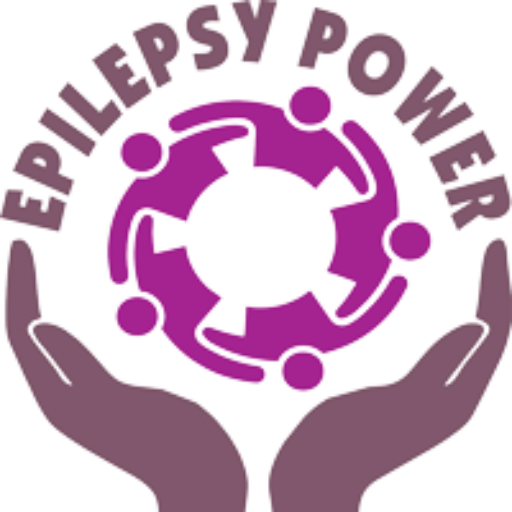Bullet points (3-5) 150 types for each bullet points (just an abstract/summary 1 bullet for section)
Introduction
Although epilepsy is a common neurological disorder, unemployment and underemployment are more common in people with epilepsy. Lower salaries and stigma negatively affect work condition among people with epilepsy.
Dealing with epilepsy means facing various symptoms impairing working conditions in different ways. Knowing different symptoms potentially affecting your job, would lead you to make the right choice for your future.
First of all, unemployment is strictly related to employers’ attitudes and misconceptions, but also clinical factors could influence employment status for people with epilepsy. People with epilepsy often remain underemployed because of stigma, negative attitudes, and fear, but also because of misconceptions. Low self-esteem could hamper the capacity of looking for the right position.
Seizure control is only one of the factors to consider when working. Seizures could increase the risk of accidents and injuries, but other symptoms such as lack of concentration, memory problems and difficulties with light could impair your ability to work.
This module will explore limitations linked to epilepsy and why it is so important to conduct a self-assessment before applying for a job. In particular, we will focus on seizures, physical and cognitive symptoms.
After studying this module, you will achieve the following learning outcomes:
- understanding seizures and triggering factors
- assessing physical symptoms
- managing cognitive symptoms
The module includes in total 3 sections.
Duration of the module in hours/minutes (approximately): 1 h; 20 minutes per section
